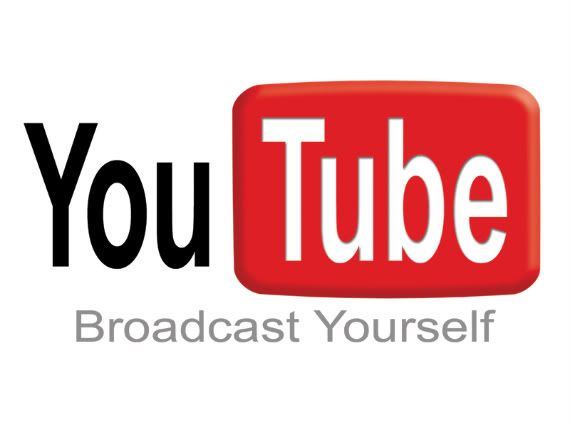Dear Congress (re: SOPA & PIPA)
For the past two years, you Congress, our legislative body has been embroiled in a myriad of conflicts. From immigration, taxation, education, health care, Barack Obama's birth certificate, Iraq, Iran, Afghanistan, Libya, bin Laden allllll the way down to Barry Bonds lying in court, you have ran the gamut of brutal contention. It seems like every issue on the table is a bitter dispute between the Democrats and Republicans. Are you going to play laissez faire or overregulate? Are you going to kick the can down the road, or simply handle your business now. Are you going to act on principle, logic, and virtue or act like politicians and
For all of the hoopla last year regarding the debt ceiling, Occupy Wall Street, class warfare and all of those ideologically-rooted political impasses, you would think that something so universal as the Internet wouldn't be privy to your spastic rulings, Congress. When did you all come to such a consensus? What happened to the deep-seeded resentments that keep you all on different ideological planets?
I think I know: lobbyists. If one looks at the supporters of SOPA and PIPA, it's a pretty high-profile list of offenders. The major networks, the RIAA, the MPAA and any organization associated with bringing owners (not producers) of content together, are all united in their big-wig support of SOPA and PIPA. That said, it's easy to see why. They're stuck in 2001, Congress!!! Remember that period when downloading music on Napster or Limewire or Bearshare was a Cardinal Sin? I do. I remember when the music companies shuffled their feet at getting into the online sector because they thought the craze wouldn't last. Fast forward 10 years, and it's happening again: media companies stuck in antiquated ways trying to quell the burning bastion of freedom that is the Internet. And you're aiding them, Congress.
You'd rather stifle than uplift. You'd rather be stringent about 'rules' than look at the meaning behind them, and their ramifications. You'd rather cut the cord than figure out how to make a better one. How lazy is that, Congress? Consider this. If you were to pass the two bills your Internet would:
- be 10x slower depending on what service you had and what sites you're visiting
- be dominated by Facebook, NBC, CBS, ABC, Facebook, FOX, Facebook, and Facebook
- have about tenfold LESS sites
- be unable to stream movies, videos, or music unless expressly consented to by the controlling media conglomerate
In short form, the Internet would be zapped back to 1995, Congress. A few big companies would run everything and the whole idea of 'free market economics' would be null. We might as well have AOL Version 1.0 floppy disks again. If you didn't have the money to fight a SOPA or PIPA claim, your site would be off the 'net before you even knew it!
Congress, by passing these bills, you are essentially giving yourselves free reign to dictate what shouldn't be dictated. You are killing Internet innovation at the root by making it a criminal offense to do anything that remotely infringes on any sort of intellectual property. No idea is original, Congress. Lest I get into the finer aspects of intellectual property, I would say that protecting someone's work is NOT wrong. For every word that I've written on this website to be lifted and purported as someone else's would be unforgivable. At the same time, you have no right to say where personal liberty ends and protecting against piracy begins, especially when you've balked at regulating things that matter, like say, big banks, the military-industrial complex, health insurance companies, or oil conglomerates?
It's as if you want the stop the conversation, Congress. That's not democracy. For all of the talk of corporate personhood and money in politics, this is a shining example. Why listen to the people, when you can line your pockets with money from companies who'd rather protect old ways than innovate new ones? That's what politics is about nowadays, isn't it? SOPA and PIPA are just pixels in the greater picture of your failures as of late. If this is too harsh, then good. Censor me. Stifle free speech and free movement of information, so the whole world can see what 'democracy' is all about. I guarantee you'll be doing more harm than any debt crisis, terrorist threat, or education bubble will.



